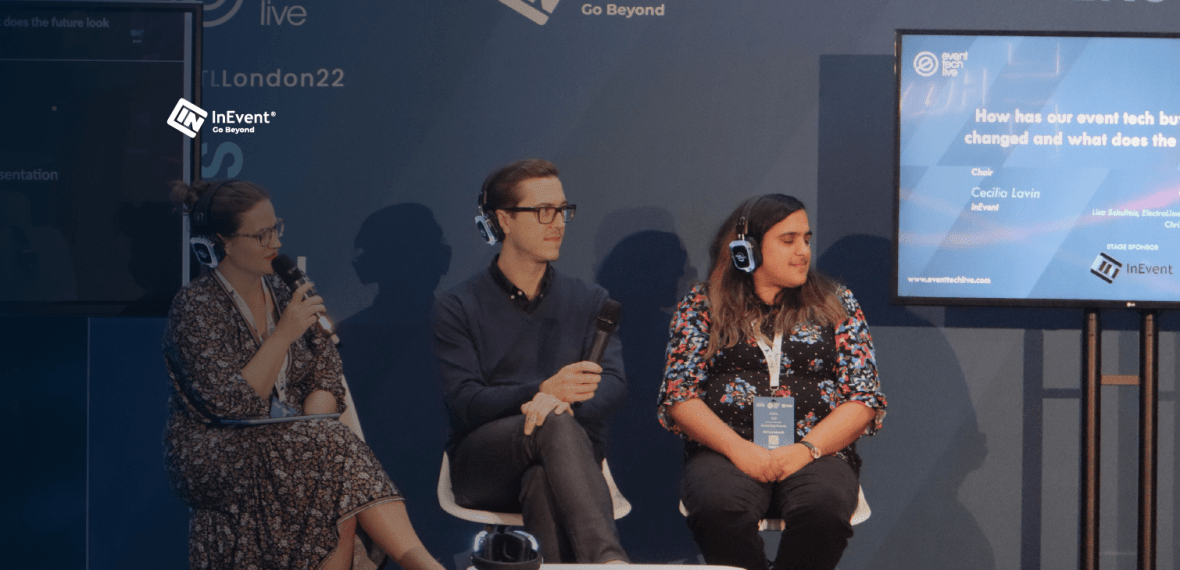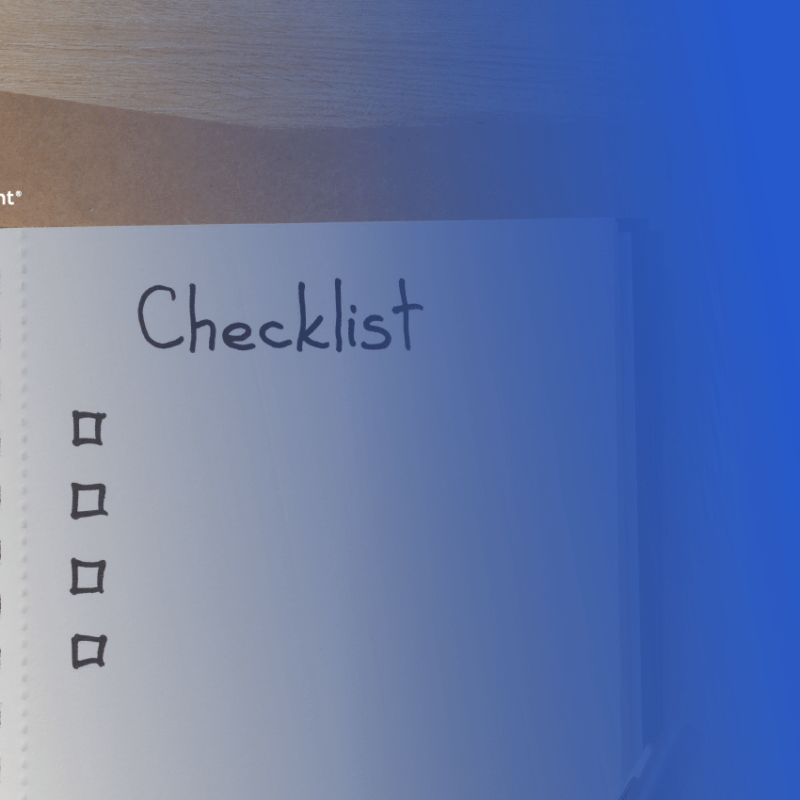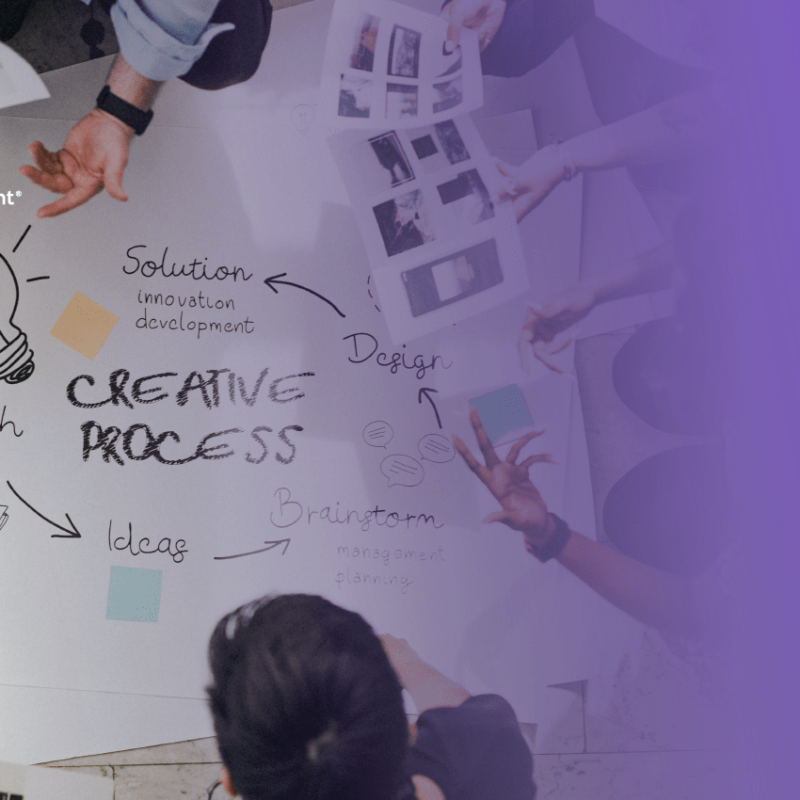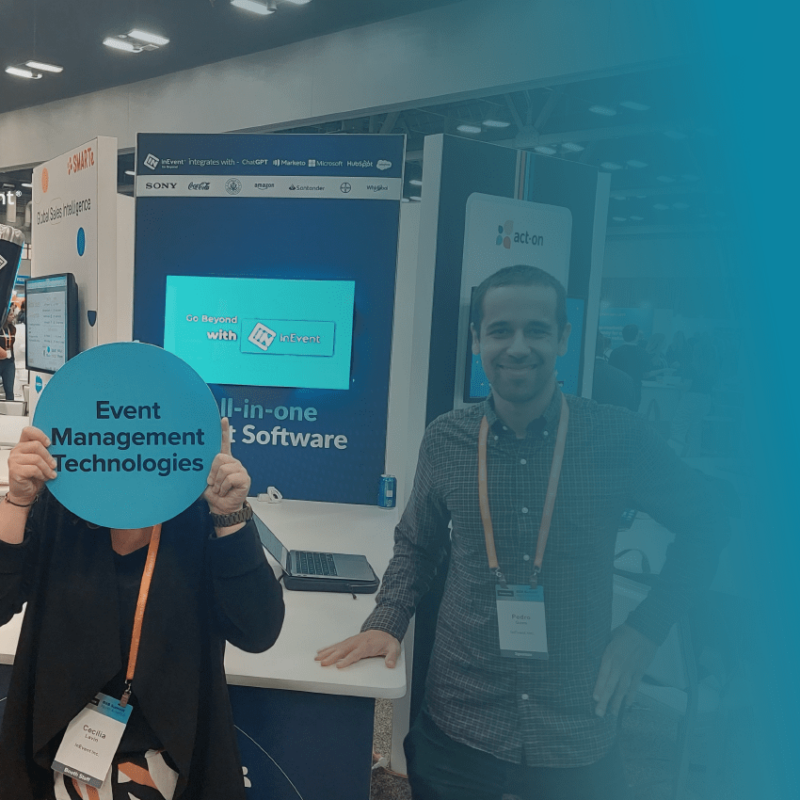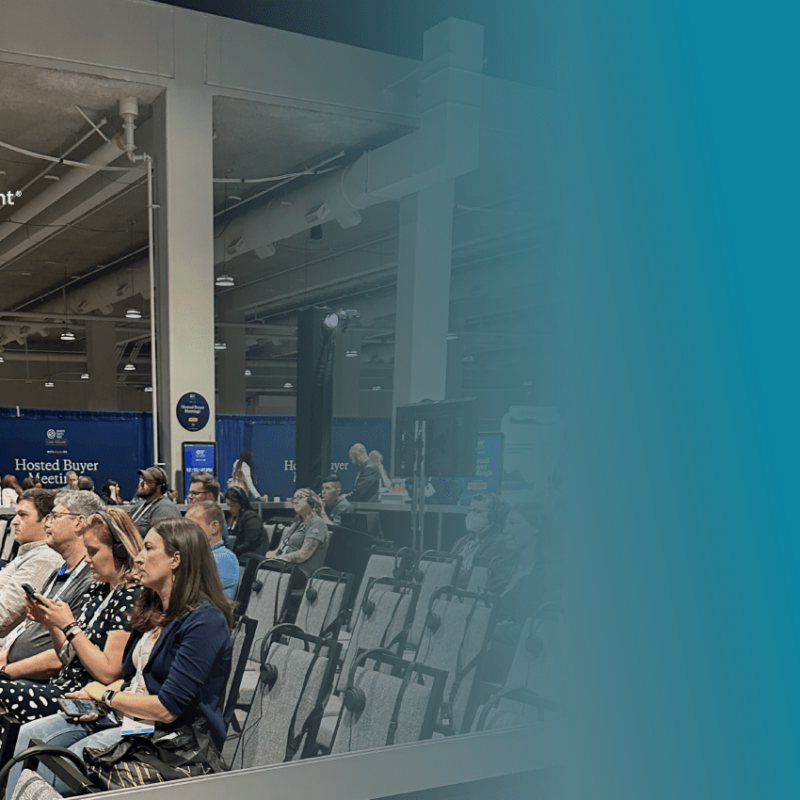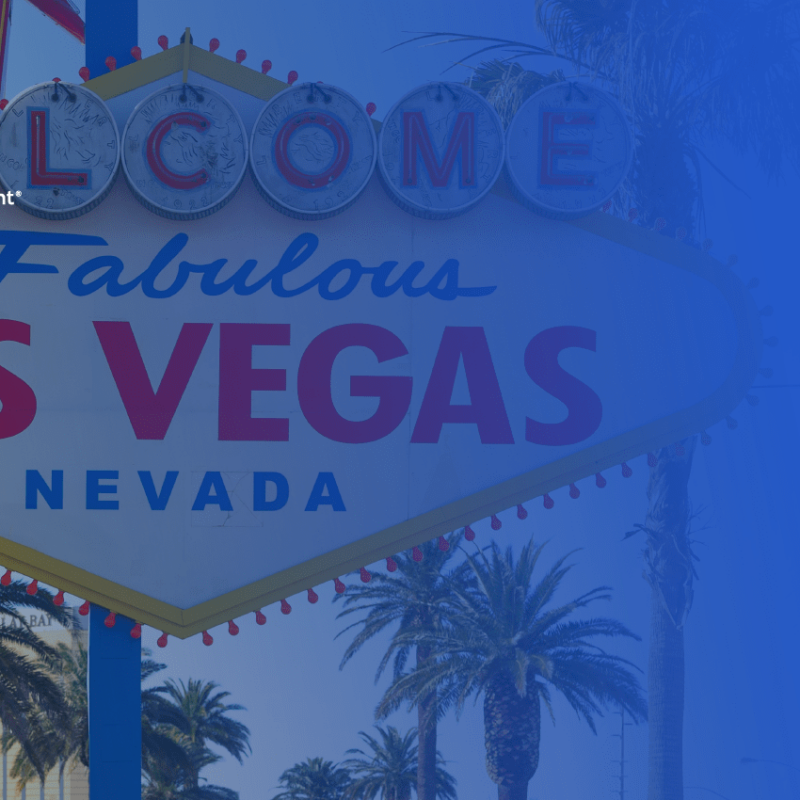Mastering the Art of Event Marketing Strategies for Success
As a business owner, you better understand the value of content and experiential marketing. But have you ever wondered what wonders you can create for your business by integrating these two marketing strategies?
Well, event marketing is all about combining the best of both worlds! By indulging in event marketing, you can unlock new opportunities and drive unparalleled growth not only for you as an individual but for your business too.
Still, if you are unsure of whether you should invest in event marketing or not, have a glance at the below statistics that will help you make informed decisions-
- 95% of marketers agree that in-person events help achieve business goals.
- 70% of the audience, after attending a marketing event, becomes regular customers.
- 83% of brands say they have increased their sales through event marketing.
- 74% of attendees say they have a more positive outlook about an organization/brand after attending their marketing event.
- 64% of marketers use events to generate business opportunities and new prospects.
- 65% of consumers say live events help them better understand a product or service.
We are sure these statistics will convince you. Now, let’s jump on the bandwagon and explore what benefits you can reap through event marketing and strategies to succeed.
What is Event Marketing?
Event marketing is a process of planning, organizing, and promoting an event to accomplish particular business objectives. Event marketing brings many benefits to your business, such as increased brand awareness, strengthened relationships with customers, an extended professional network, enhanced knowledge about the latest trends, and increased sales.
Optimization Strategies for Event Marketing Success
Before the Event
- Define Your Objectives
Before investing your time and effort in planning a great event, find the answer to a game-changer question – “Why do you want to throw the event?”
Fundraising, lead generation, partnership, recruitment, education, sales acceleration, network-building, customer engagement, strengthening relationships, and brand awareness – you could have one or more objectives you want to accomplish through the event.
Look at the big picture and set SMART goals to keep you guided. For example – your goal could be – “grow customer engagement for our new product by 20% by the end of the event.”
2. Know Your Target Audience
Based on your business and event goals, determine your target audience, which could be prospective customers, company decision-makers, potential partners, etc. Defining and creating your attendees’ persona profile can help you narrow your list and identify the most suitable audience.
While creating the persona profile, include information about attendees’ interests, characteristics, job titles, etc. It will further assist you in creating an effective communication plan to connect with your audience.
Depending on your audience, budget, and objectives, decide which type of event will work best for you – workshops, launch parties, seminars, webinars, trade shows, conferences, exhibitions, or any other.
3. Create Captivating Content
Now you clearly understand your goals and audience, it’s time to work on the content that is your event’s backbone. Because content is an essential form of communication to foster genuine engagement with your target audience, it must reflect the value of your event.
Whether creating a blog post, vlog, promotional video, remarketing adverts for Google, or social media posts, ensure your content is valuable, shareable, contextual, recyclable, and visually appealing.
Below are some content ideas that you can consider-
- Articles with detailed information on topics that you can cover at the event.
- Key speakers’ interviews and their quotes
- Infographics and images focusing on tips to get the most out of the event
- Industry Insights from thought leaders
- Takeaways from previous events, etc.
4. Set the KPIs
Determining KPIs will help you evaluate your event’s performance and provide valuable insights for future events.
Your event marketing KPIs could be social mentions, Net Promoter Score, check-ins, registrations, sales-qualified leads, attendees satisfaction, total engagements, etc. The KPIs for online and virtual events may differ.
Decide KPIs for each goal. For example, if your goal is to attract 1,500 attendees to your event, your KPI will be event registrations and check-ins. You can measure success by tracking and comparing event check-ins with the goal.
5. Create a Buzz
To create pre-event hype, you can use attendee-shared and attendee-generated content, such as testimonials, social media posts, photos, videos, etc. You can leverage the following strategies/ways to promote your event-
- Create Your Event Website
Create a standalone website to provide all relevant information about your event. Your website must have the event’s name, date and location, speakers and activities, agenda, reasons to attend, email newsletter signup, ‘Register Now’ buttons, sponsor information, social media sharing buttons, and site analytics.
However, avoid cluttering it with too much information. For example – if your event is two days, you might have a complete agenda for each speaking session. Instead of highlighting every speaker on the main event page of the website, provide information about keynote speakers only. For more details, you can provide links to relevant sources, such as a brochure.
Other aspects to keep in mind while designing an event website-
- Your website’s imagery, logo, and other branding materials should be appealing to convince visitors to register.
- To decrease your website’s loading time, reduce the size of images and other digital resources.
- Make your website easy to navigate for visitors by providing relevant CTA buttons.
- Leverage Email Marketing
According to statistics, more than 75% of event organizers used email marketing to promote their events, and 45% of ticket sales were due to email marketing.
Email marketing helps promote your event in a practical sense. It can excite your target audience and boost registrations and ticket sales if done right.
You can unlock the power of FOMO (Fear of Missing Out) through your email marketing campaigns in the following ways-
- Include a ticket discount code with an expiration date.
- Create a sense of urgency in the subject line.
- Send reminder emails depicting the countdown of the flash sale ends.
- Use words that convey urgency, such as hurry, quick, fast, now, etc.
- Partner with Influencers
Influencers have a large following and the potential to influence the audience’s perceptions. They could be an author, a celebrity, a thought leader, an industrial expert, etc.
Collaborating with influencers brings you a multitude of benefits, such as.
- You can access influencers’ audiences and share your event-related information with them.
- An implicit or explicit endorsement by the influencer can increase the credibility of your event and get you more registrations and attendees.
- By partnering with an influencer of a specific niche, you can reach out to the audience of a particular segment.
Event ambassadorships, sponsored social media posts, guest appearances, and sponsored blog posts are ways to collaborate with influencers.
- Use Social Media for Pre-Event Engagement
Social media platforms, such as Instagram, Facebook, and Twitter, allow event organizers to promote their events globally and build up pre-event excitement.
Follow the below-given tips to use the power of social media to your advantage-
- Create a dedicated event page on social media platforms.
- To boost organic reach, create an event-specific hashtag that is unique and easy to remember. Use this hashtag in all your event-related social media posts.
- Get pre-confirmation of speakers and sponsors and update the information on your social media pages.
- Share user-generated content to spread word of mouth.
- Regularly post videos and images related to your event.
- Go for paid advertisements on social media.
- Podcasts
As of 2023, the number of global podcast listeners is 464.7 million, which is likely to reach 504.9 million by the year 2024. You can tap on the potential of podcasting to encourage word-of-mouth marketing, build authority, and increase the reach of your event.
Podcasts give a glimpse of quality content that your audience will experience at your event. By using podcasts correctly, you can even reach out to audiences outside your network.
Here are a few podcast ideas for your event-
- Repurpose the videos, images, and other content of past events to create a podcast.
- Interview the sponsors, speakers, and industry thought leaders.
- Share the hottest trends and news in your industry.
- A group discussion on the latest happenings in your industry.
- Write a Press Release
One of the effective ways to promote your event is – distributing a press release covering all relevant information about your event, such as date, venue, speaker, and registration process. Sending the press release 2-3 weeks before the event will increase its effectiveness.
Consider the following points while writing a press release-
- Keep it short, i.e., within 300-800 words.
- Write in an active voice.
- Make the beginning strong to attract the readers’ attention.
- Use a ‘hook’ and write in a way that makes readers feel that they will get immense value by attending your event.
- Don’t use jargon; write in a professional tone.
On the Day of and During the Event
- Arrive Early
By arriving early before the scheduled time, you can give yourself a buffer to look into the last-minute arrangements and prepare to welcome the guests.
- Explain the roles of the operation staff and volunteers with clarity.
- Ensure all volunteers are easily identifiable via their badges and unique uniform.
- Set the registration table with name badges adequately arranged.
- Position all sponsor banners and signage.
- Check the stage decor and all lighting.
- Ensure that all audio, video, and IT equipment are working correctly.
- Check the set-up of food and beverages.
- Double-check your safety and security arrangements, such as fire escapes are not blocked, the first aid kit has all the essential things, etc.
2. Keep the Event Running Smoothly
When your event is in full swing, ensure it keeps running smoothly.
- Check with your volunteers at regular intervals to ensure there is no problem.
- Assign a few volunteers to help guests navigate the venue.
- Assign a staff member/volunteer to help attendees with physical disabilities.
- Keep track of time for speaking sessions, food and drinks, and breaks.
- Socialize with your guests during breaks, know their thoughts, and capture photos with them.
- As your event unfolds, ask guests for their feedback about the event.
3. Make the Best Use of Social Media
Social media is also helpful in making your live event shine and boosting engagement. You can use your social media to the fullest in the following ways-
- Upload the photos and videos of the ongoing event. It provides updates to those who have failed to attend your event.
- Encourage the attendees to post images and videos on their timelines with your event hashtag and tag your social media pages.
After the Event
Catch your breath, as the event is over now!
Now, only a few things are left to do-
- Consolidate the Event Data in Your CRM
Upload the biographical data of attendees, such as their name, gender, and birthdate. You can also upload their contact information, such as phone numbers, email addresses, mailing addresses, workplace contact information, and social media information. You can also add information on the events your organization has attended/sponsored. If you are using an event management software, integrate it with your CRM.
The accurate and updated information in your CRM will make it easy to understand whom to invite to your next event and how to connect with them. In addition, you can track various activities, like registration, attendance, sponsorships, etc., and leverage the information to plan and improve your upcoming event.
2. Measure and Analyze Success
Conduct an NPS (Net Promoter Score) survey to gather feedback from the attendees about the venue, speakers, and their overall experience. You can also track event success by monitoring social media activities, such as reposts, mentions, shares, comments, etc. Another way to evaluate the success is to measure how many new opportunities and sales leads your event has generated.
If you have hosted a similar event previously, you can evaluate the event’s success by comparing the number of registrations and attendees from the past event.
3. Create an Everlasting Impact Using Social Media
Here are a few tips to keep the event alive in the guests’ minds-
- Post a “Thank You” note for all the attendees, speakers, sponsors, volunteers, and your team.
- Share the clips of speaking sessions, networking, and the after-event party.
- Encourage attendees and guests to submit their feedback in the feedback section of the event’s social media page. Respond to each input in a timely fashion.
- Create a social media wall for your event displaying all the feeds and user-generated content from different social media platforms.
- Make your followers eager by posting hints about your next event.
The Bottom Line
Remember, successful event marketing requires careful planning in advance. Sharing this plan with your marketing team is equally important for the best outcomes. You can use pre-designed PowerPoint templates to present your event marketing plan and align your team toward a common goal.
In addition, keep your event marketing efforts focused on creating a memorable experience for your speakers, sponsors, guests, attendees, and team to impact your brand positively, prospective customers/clients, and overall business.
So, get up and make a move! Implement the strategies you have learned and see your event’s exposure and engagement level boost. Good luck!
